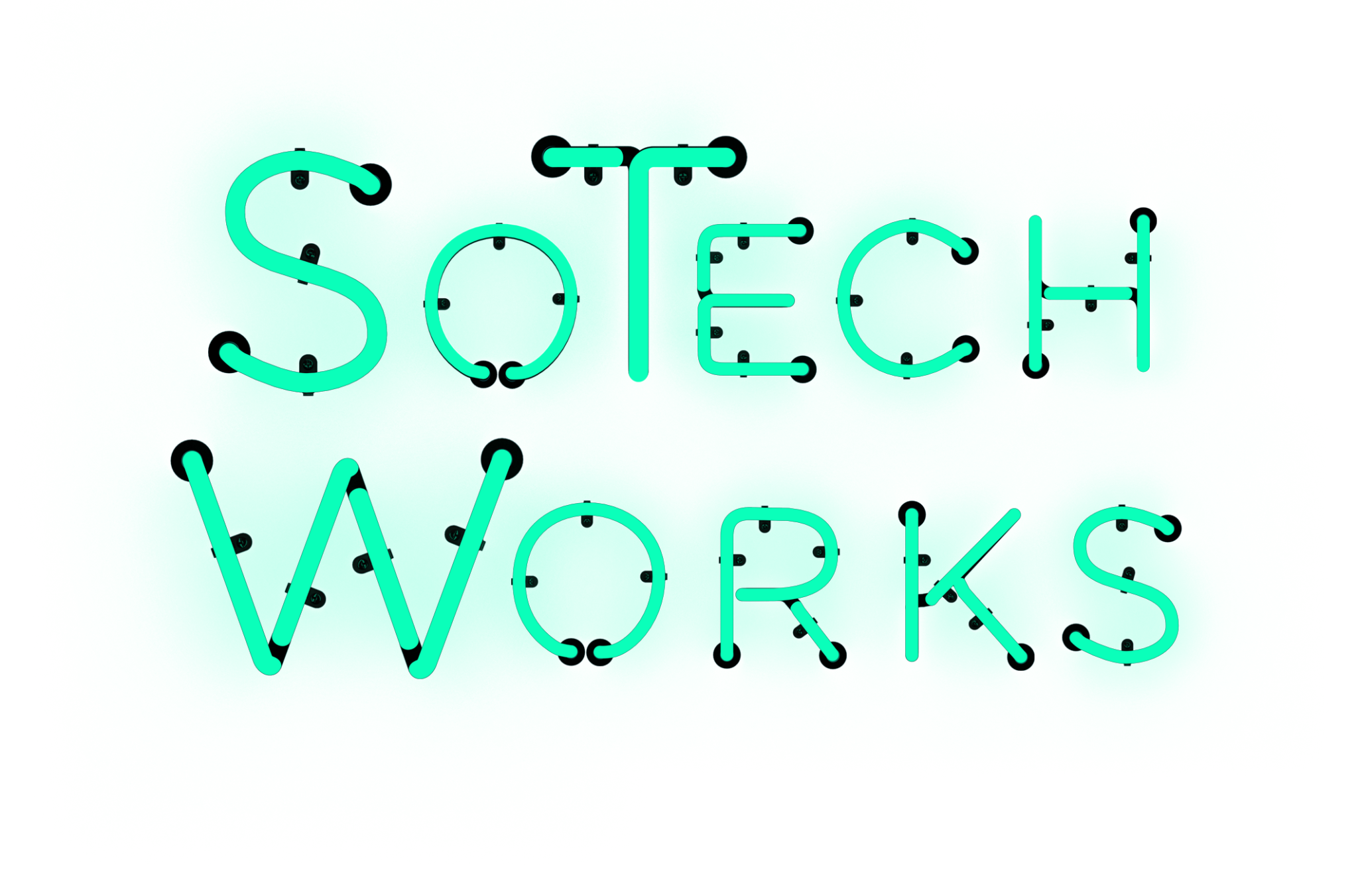The Future of Computing and Programming: Concepts and Breakthroughs on the Horizon
- Introduction
The rapid advancements in computing and programming have driven innovation and shaped the way we interact with technology. As we look forward to the future, it’s essential to understand the concepts that will define the next generation of computing and programming. This article explores the future of computing and programming, highlighting the key concepts and breakthroughs on the horizon, and theorizes a novel concept that could dramatically accelerate computing capabilities.
- Quantum Computing
Quantum computing is a revolutionary approach to solving complex computational problems using the principles of quantum mechanics. This technology has the potential to outperform classical computers in areas like cryptography, optimization, and drug discovery. As researchers continue to develop more advanced quantum computers, we can expect significant advancements in computing power and the ability to tackle previously unsolvable problems.
- AI and Machine Learning
Artificial intelligence (AI) and machine learning have already made a significant impact on various industries, from healthcare to finance. As AI algorithms become more advanced and capable of learning from vast amounts of data, we can expect further improvements in automation, decision-making, and problem-solving. These advancements will open up new possibilities in programming and software development, enabling the creation of more intelligent and adaptive applications.
- Edge Computing
Edge computing brings computation and data storage closer to the source of data generation, reducing latency and improving data processing efficiency. As more devices become connected through the Internet of Things (IoT), edge computing will play a crucial role in managing and analyzing data in real-time. This shift will drive advancements in programming languages and tools designed to handle the unique challenges of edge computing.
- Serverless Computing
Serverless computing allows developers to build and deploy applications without managing the underlying infrastructure. By abstracting away infrastructure management, developers can focus on writing code and implementing features. As more organizations adopt serverless computing, we can expect further advancements in programming languages and tools that cater to this new paradigm, simplifying the development process and increasing productivity.
- Neuromorphic Computing
Neuromorphic computing is an emerging field that aims to create computer systems that mimic the structure and function of the human brain. This approach could lead to more efficient and powerful computing systems capable of learning and adapting in real-time. As neuromorphic computing matures, it will drive advancements in programming languages and tools specifically designed to harness the unique capabilities of these systems.
- The Breakthrough Concept: Photonic Computing
Photonic computing is a breakthrough concept that could dramatically accelerate computing capabilities. By replacing electrons with photons (particles of light), photonic computing can potentially overcome the limitations of traditional electronic computing systems. Photons can travel at the speed of light and don’t generate heat, making photonic computing systems faster and more energy-efficient.
Photonic computing could revolutionize various industries, enabling the processing of vast amounts of data at unprecedented speeds. This breakthrough could also spur the development of new programming languages and tools optimized for photonic computing, further pushing the boundaries of what is possible in the world of computing and programming.
- Conclusion
The future of computing and programming is filled with exciting advancements and breakthrough concepts that will reshape the industry. From quantum computing to photonic computing, these innovations will unlock new possibilities and push the limits of what we can achieve with technology. As we continue to explore and develop these cutting-edge concepts, the future of computing and programming promises to be more innovative and transformative than ever before.
Recommended Posts
Accelerating Advanced Numerical Algorithms: Decision Optimization and Implications for Complex Computing
April 7, 2023
